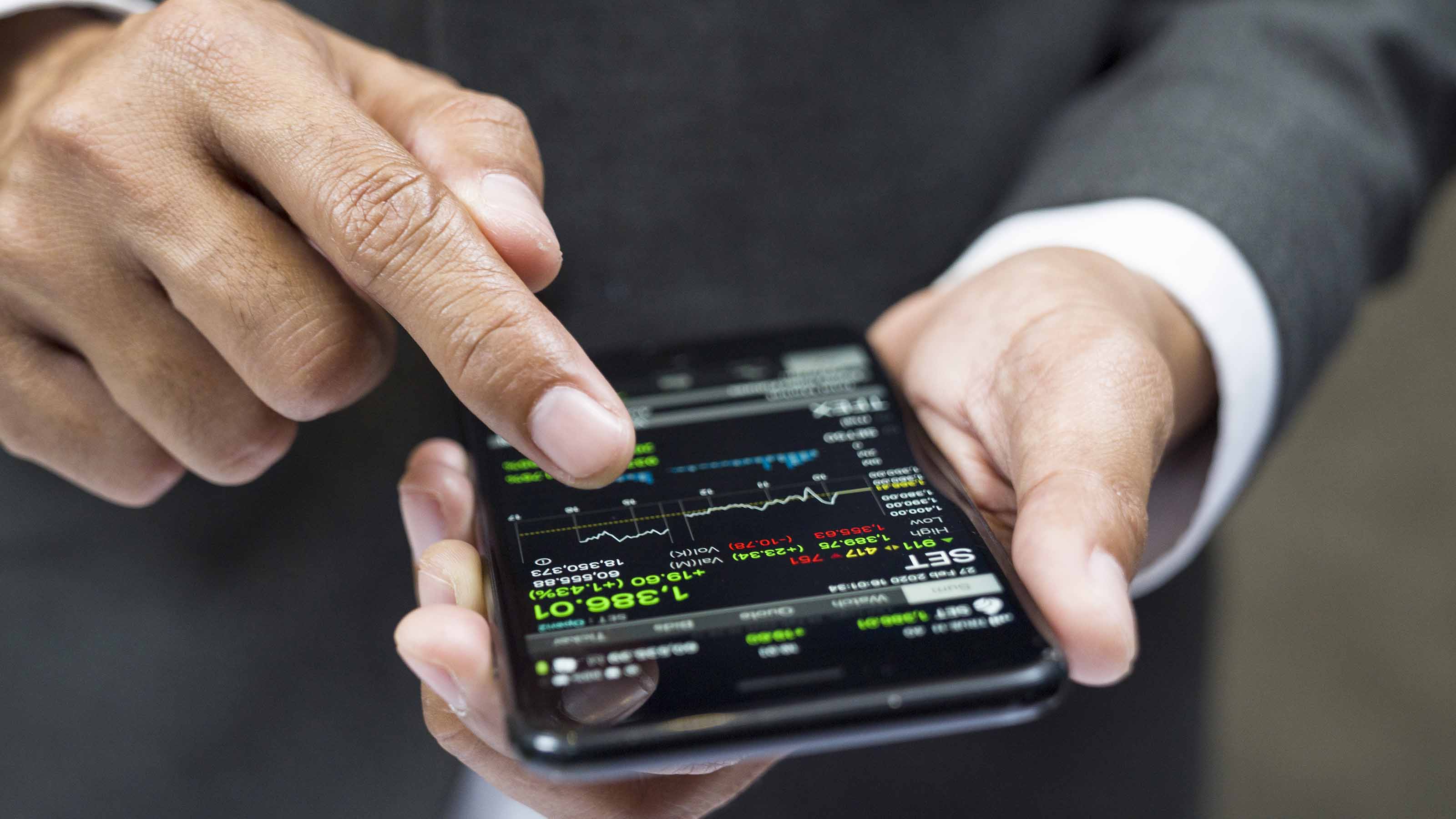How to Protect Your Identity, Finances If You Lose Your Phone
Take these steps to protect your identity and financial information on your phone.


Collette Reitz
Lose your smartphone and you could have more to contend with than missed calls and messages, a lost contact list and Wordle withdrawal. Anyone who finds your lost phone will have an opportunity to access your finances, steal your identity or both.
Think of your smartphone as part wallet, part computer. If someone were to access your online-bank account or eBay application, for instance, the funds in your checking account could be gone in minutes. Thieves could also get information from your email messages as well as reset passwords for your online accounts and then retrieve them from your email account. Your contacts could also become targets for phishing schemes.
Take preventive measures. Use your phone’s security settings to lock your screen with a password or numerical passcode. According to a Pew Research 2016 survey, 28% of smartphone users don’t use any sort of lock on their phones. That can easily allow someone to access all of your data. As phones have evolved, you can also use biometrics like your fingerprint or your face to lock and open your phone. Usually, they’re utilized in conjunction with your PIN. Don’t use an obvious PIN (such as your birth year) or a simple pattern to unlock your screen. Hide the phone as you enter the code if strangers are nearby.

Sign up for Kiplinger’s Free E-Newsletters
Profit and prosper with the best of expert advice on investing, taxes, retirement, personal finance and more - straight to your e-mail.
Profit and prosper with the best of expert advice - straight to your e-mail.
When you finish using your applications on your phone, log out. At the very least, sign out of your banking and payment apps (and any others that could allow someone to go on a spending spree). Don’t allow an app to save your log-in information for easy access. Even social media apps that seem harmless could be a treasure trove for a crook, says Eduard Goodman, former chief privacy officer for Identity Theft 911. The list of connections on your Facebook account may reveal your mother’s maiden name, for example.
If your phone is lost or stolen, take action right away. You can install a location-tracking app on most smartphones. Apple’s iPhone has the Find My iPhone app built in, but you need to activate it. Google’s Find My Device works on Android phones connected to a Google account, or you can use apps such as “Where’s My Droid.” The feature is a big help if, say, you can’t remember where you left your phone. And if it has been stolen, police may be able to use the app to help track down the thief.
Also, set up your phone so that you can remotely erase its data. Your wireless carrier may offer this service, and many security apps include the feature. “Find my” features also offer an erase capability. Your data won’t be lost if it’s saved automatically to your Google or iCloud account, and you can regularly perform backups by plugging your phone into your computer. But keep in mind that a sophisticated thief may be able to restore the information, says Kevin Johnson, senior security consultant for Secure Ideas.
What you can do to combat malware and more. Losing your phone isn’t the only potential danger. Hackers can collect sensitive information through malware. Android phones are particularly susceptible because developers can more easily submit virus-laden apps. (Google has an open-source market, while Apple has a more rigorous screening process for apps.) Research an app’s developer and read reviews of the app before you download it. If you receive suspicious-looking text messages, don’t reply or click on links.
Using unsecured Wi-Fi such as public networks could leave you vulnerable to hackers. If you do use publicly available wifi, make sure to do so with a virtual private network (VPN). You can get a VPN for a low monthly cost through security apps such as NordVPN for iPhones and Android devices. Some of the big names in antivirus protection such as Norton and McAfee offer broader malware protection for phones that include VPN for between $50 and $100 per year.
Another simple step to protect yourself is to be aware of your Bluetooth connection. If it’s open, it could leave your phone vulnerable to hackers. Goodman suggests turning off your cell phone at night to avoid stealth attacks while you sleep.
Read more
Profit and prosper with the best of Kiplinger's advice on investing, taxes, retirement, personal finance and much more. Delivered daily. Enter your email in the box and click Sign Me Up.

Lisa has been the editor of Kiplinger Personal Finance since June 2023. Previously, she spent more than a decade reporting and writing for the magazine on a variety of topics, including credit, banking and retirement. She has shared her expertise as a guest on the Today Show, CNN, Fox, NPR, Cheddar and many other media outlets around the nation. Lisa graduated from Ball State University and received the school’s “Graduate of the Last Decade” award in 2014. A military spouse, she has moved around the U.S. and currently lives in the Philadelphia area with her husband and two sons.
- Collette ReitzContributing Writer